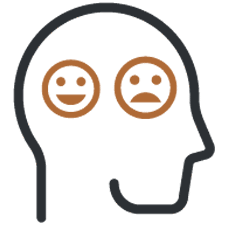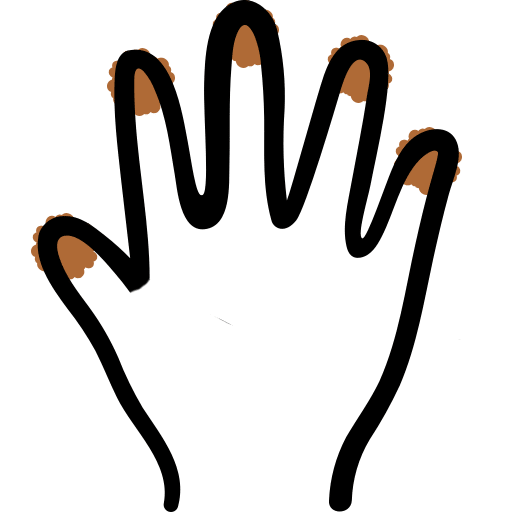Ativan, generically known as Lorazepam, is a prescription medication commonly used to treat anxiety disorders and related conditions. When taken as directed by a healthcare provider, it can be an effective treatment tool. However, misuse or abuse of Ativan can result in a substance use disorder with serious health risks.
As one of the most frequently prescribed benzodiazepines, Ativan carries a high potential for misuse and addiction.
This comprehensive guide explores the symptoms of Ativan addiction, how it’s diagnosed, available treatment options, and the journey toward recovery.





